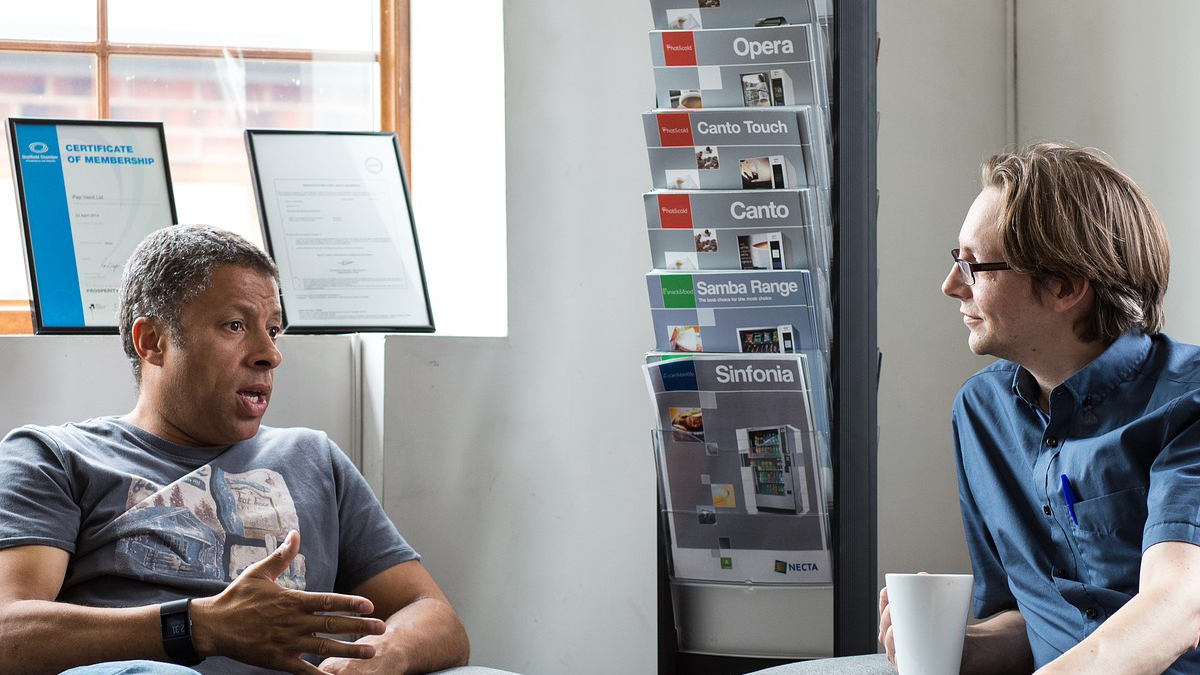
Being willing to forgive others opens the door for our own forgiveness. | Pixabay
St. Peter Claver Catholic Church in Tampa shared a reflection from Bishop Gregory Parkes in the Sept. 13 bulletin about the importance of forgiveness.
“‘Forgive us our trespasses as we forgive those who trespass against us,’” Parkes said. “We pray these words each time that we pray the Our Father at Mass and during our own personal prayer time. We know the words, but do we grasp the significance of what we’re praying?”
The reality of the prayer is that we are asking that God will forgive us to the same standard that we forgive others. If we do not fully forgive others, we might not actually mean what we are praying, because it would follow that if we do not fully forgive others, God will not fully forgive us.
“That’s why those words from the Our Father should catch our attention,” Parkes said. “We hear about the master who forgave his servant who owed a great debt and was unable to repay. The servant was about to lose everything, but he begged forgiveness from the master who, moved with compassion, forgave the debt.”
When a fellow servant asked for compassion for a smaller debt, the first servant failed to provide him with the degree of mercy that he had been given, resulting in the first servant being tortured for his hypocrisy.
“If God is infinitely merciful with us, shouldn’t we also be forgiving with our family members, coworkers, neighbors or even a stranger? And not just to say the words, ‘I forgive you’; but to really mean it ‘from your heart’ as the Gospel says,” Parkes noted.
If we are still holding onto a grudge or are unable to bring ourselves to forgive others, let us examine our hearts and learn to forgive them in the same way that God has forgiven us.




 Alerts Sign-up
Alerts Sign-up